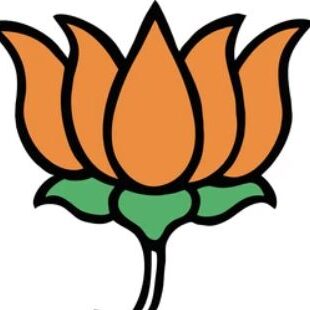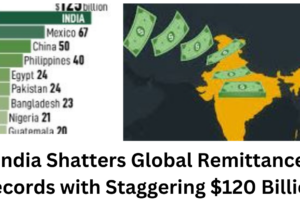Introducing the Jal Jeevan Mission: A Path Towards Sustainable Water Access
The Jal Jeevan Mission (JJM) is a flagship program launched by the Government of India on August 15, 2019, under the leadership of Hon’ble Prime Minister Narendra Modi. This ambitious initiative aligns with the United Nations’ Sustainable Development Goal 6, which strives to provide access to clean water and sanitation for all.
JJM’s primary vision is to establish a Jan Andolan (people’s movement) for water, making it a top priority for every rural household across the country. The program places special emphasis on water conservation, groundwater recharge, and active community involvement. It operates under the Jal Shakti Ministry, which oversees its successful implementation.
Key Facts About Jal Jeevan Mission:
- The foundation of the Rashtriya Jal Jeevan Kosh is laid by the Jal Jeevan Mission, following a significant announcement made by the Prime Minister on August 15, 2019.
- The primary goal of the mission is to provide 55 liters of water per person per day to every rural household through Functional Household Tap Connections (FHTC) by the year 2024.
- Rainwater harvesting and water conservation are critical components of the mission, alongside initiatives such as using recycled water, watercourse development, and tree planting. Restoration of traditional and other water bodies is also a focus.
Objectives of Jal Jeevan Mission:
- Ensuring long-term access to clean water for all households in rural India.
- Providing pure, safe, and sufficient drinking water through individual tap connections by 2024.
- Supplying 55 liters of water per person per day through Functional Household Tap Connections (FHTC).
- Creating awareness about the essential role of water in improving the quality of life.
- Assisting States and Union Territories in arranging financial resources for the mission.
Features of the Jal Jeevan Mission:
- JJM aims to eliminate the lack of tap water connections by ensuring their functionality and promoting local management of water usage and availability.
- The program focuses on building local infrastructure for water harvesting, groundwater recharge, and effective wastewater management.
- By 2024, every person in a rural household will have access to 55 liters of water daily through tap connections.
- Jal Jeevan Mission involves extensive community participation, fostering a Jan Andolan for water as a top priority.
- The government has allocated a significant fund of Rs 3 lakh crore for the mission.
Implementation of the Mission:
- JJM aims to provide tap water connections to every rural household, including those in SC/ST-dominated villages in states like Tamil Nadu and Maharashtra.
- Special attention is given to areas with poor water quality, such as deserts, drought-prone regions, SC/ST majority villages, Aspirational and JE-AES affected districts, Saansad Adarsh Gramin Yojana villages, and households across the country.
- The Paani Samitis, comprising village water supply systems, play a vital role in the organized execution of the Jal Jeevan Mission.
Progress So Far:
- At the launch of JJM, only 17.1% of the 18.93 crore rural households had tap water connections, but this has significantly improved over time.
- As of now, tap water connections have been established in 28% (5.38 Crore) of rural households.
- In certain states like Goa, Telangana, Andaman and Nicobar Islands, and Puducherry, 100% of rural households now have access to running water through tap connections, making “Har Ghar Jal” a reality.
Funding for the Mission:
- Union Territories receive full funding from the central government for the Jal Jeevan Mission.
- North Eastern and Hill States receive 90% of funding from the center.
- Central funding is 50% for cities with less than 10,00,000 people, 1/3 for cities with 10,00,000 to 1,00,00,000 people, and 25% for cities with 10,00,000 or more people.
- Outcome-based funding is also a part of the scheme, with money allocated based on results and credible exclusion from the third installment onwards.
Jal Jeevan Mission Urban:
In Budget 2021-22, the Government of India introduced the Jal Jeevan Mission (Urban) to achieve universal water supply coverage for all households, in line with Sustainable Development Goal 6. The scheme, announced by the Ministry of Housing and Urban Affairs, focuses on securing tap and sewer connections, rejuvenating water bodies, and promoting a circular water economy.
With the Jal Jeevan Mission, India is paving the way towards a sustainable and inclusive future, where every household has access to clean water, thereby enhancing the overall quality of life and creating a better tomorrow for all.









